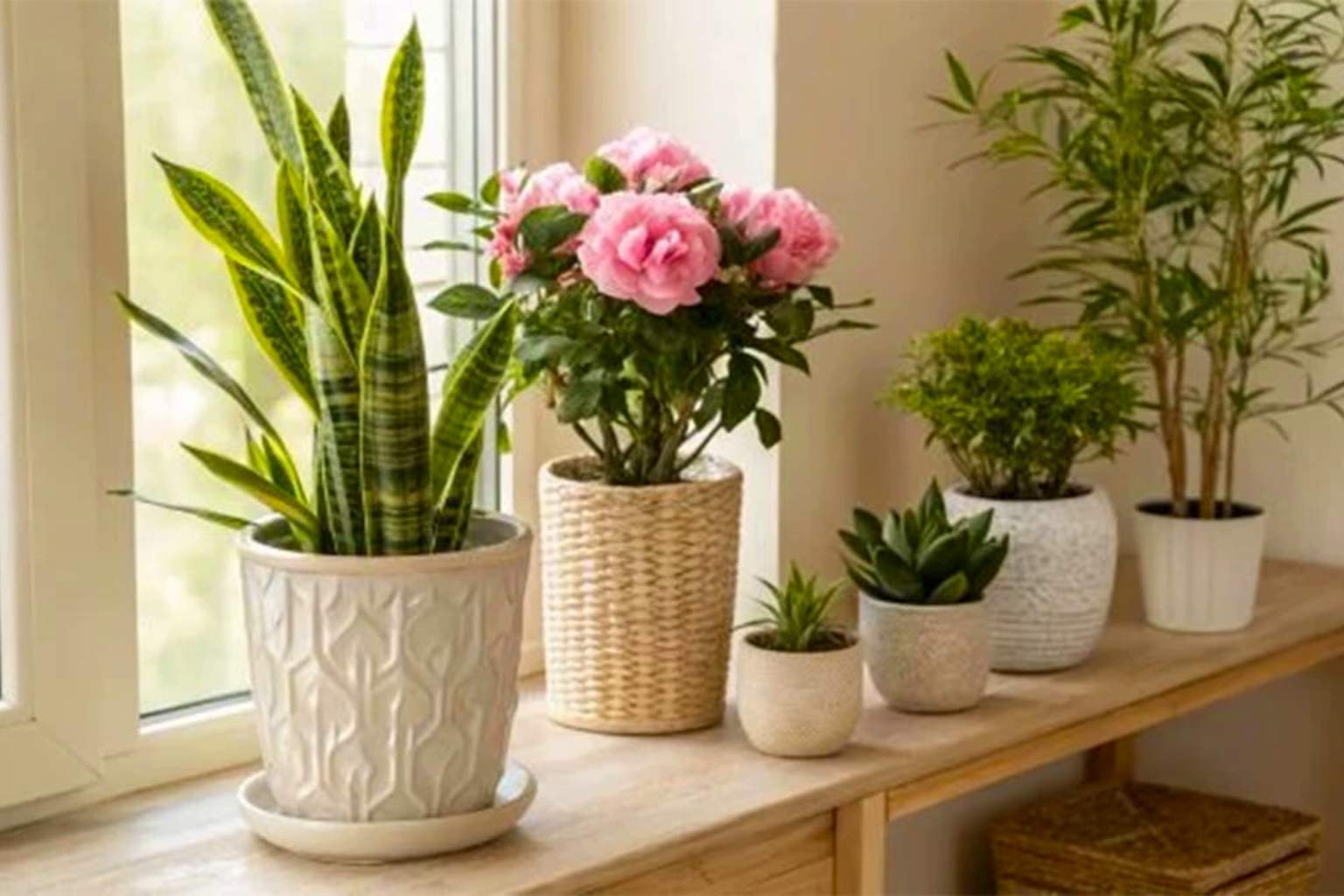Is there a plant that can bring bad luck into your home? According to the ancient Chinese art of feng shui, yes—and it’s not just about superstition. Certain plants can be toxic and drain the positive energy in your living space, creating tension and misfortune. One such plant to watch out for is the oleander, a beautiful but dangerous species that feng shui enthusiasts recommend removing from your indoor environment.
Why some plants block positive energy
Feng shui focuses on creating harmony between people and their surroundings by managing the flow of energy, known as “Qi”. A smooth and balanced Qi flow is believed to bring peace, prosperity, and health. But when certain plants disrupt this flow, they can absorb or even block positive energy, casting a shadow on the overall atmosphere of a home.
The oleander is a prime example. Despite its bright, attractive flowers—ranging from pink and white to red—this plant represents more than just decoration. In feng shui, it’s considered to have a conflicting energy that can invite bad luck, betrayal, or tension wherever it grows.
Beyond symbolism, oleanders are extremely toxic. Every part—leaves, flowers, and seeds—contains potent substances that can be deadly if ingested. This is especially alarming for households with children or pets, who might unknowingly come into contact with the plant.
What is Feng Shui and why does it matter
Feng shui is an ancient Chinese practice aimed at balancing the energy in living spaces to enhance well-being. The word itself means “wind and water,” emphasizing the importance of invisible forces shaping our environment.
The core idea of feng shui is that the Qi flowing through your surroundings influences your health, relationships, and fortune. This philosophy is built around balancing opposing forces—yin and yang—and five fundamental elements: wood, fire, earth, metal, and water.
Applying feng shui means paying attention to how furniture is arranged, what colors you use, and which objects you bring into your home—including plants. The goal is to create an inviting atmosphere where energy flows freely, uplifting everyone who lives there.
Safer plant options that promote harmony
If you’re looking to welcome more positive energy into your space, there are plenty of plants with good vibes to choose from. For example, the olive tree is believed to bring stability and calm, while peonies symbolize love and prosperity. Other favorites include pothos, sansevieria (also called snake plant), and lucky bamboo, all revered for their energizing and protective qualities.
Keeping oleanders in your garden, where they won’t interfere with your home’s Qi, is a better bet. That way, you can enjoy their beauty without risking negative energy or health hazards for your family.
Lessons from personal experience
I once kept an oleander in a sunroom because I loved its vibrant blooms. At first, it seemed harmless. But over time, I noticed subtle shifts in the room’s energy—it felt heavy, and the atmosphere was less welcoming. After learning about its reputation in feng shui and toxicity, I decided to move it outside. The difference was remarkable: the room felt lighter, and our moods improved.
It’s fascinating how something as simple as a plant can influence the energy in your home. This experience taught me to be more mindful about what I surround myself with and to trust ancient wisdom when it comes to creating a nurturing environment.
Whether or not you’re a feng shui follower, it’s wise to consider the plants you bring indoors—not just for aesthetics but for the health and harmony of your household.
Have you ever had a plant in your home that seemed to affect your mood or energy? Share your story or thoughts below, and let’s talk about how our living spaces shape our lives.
